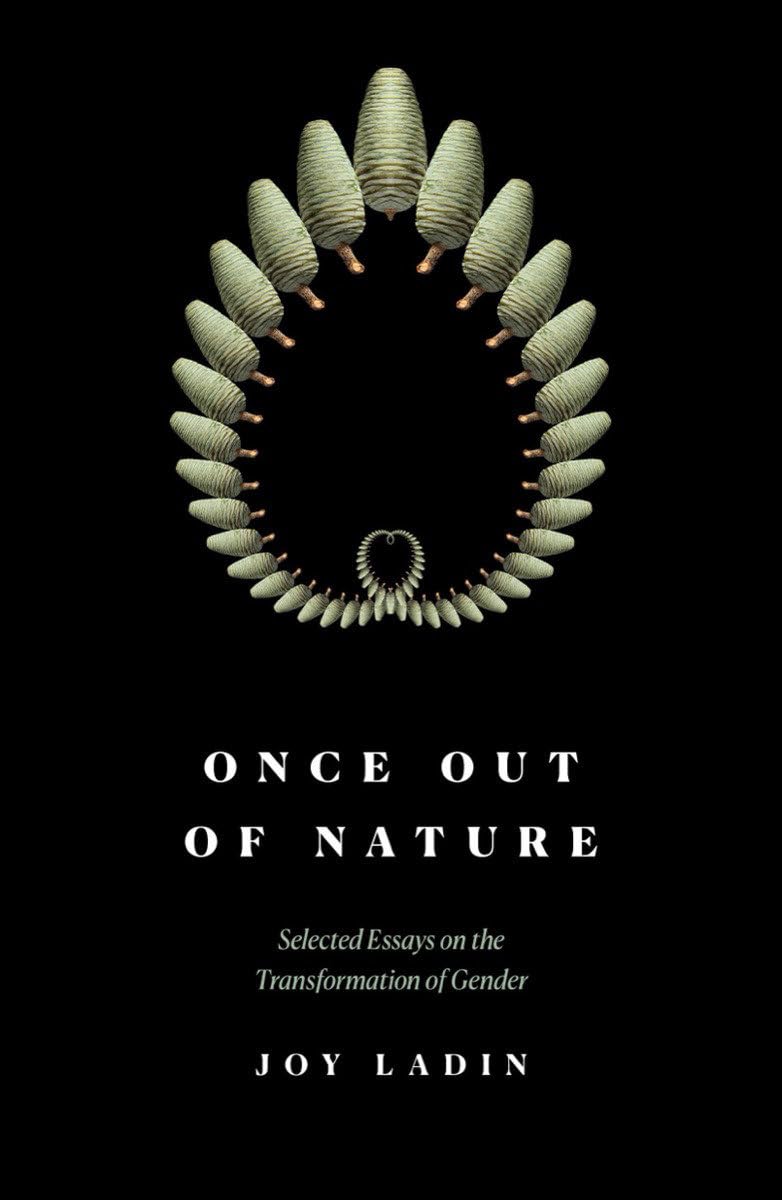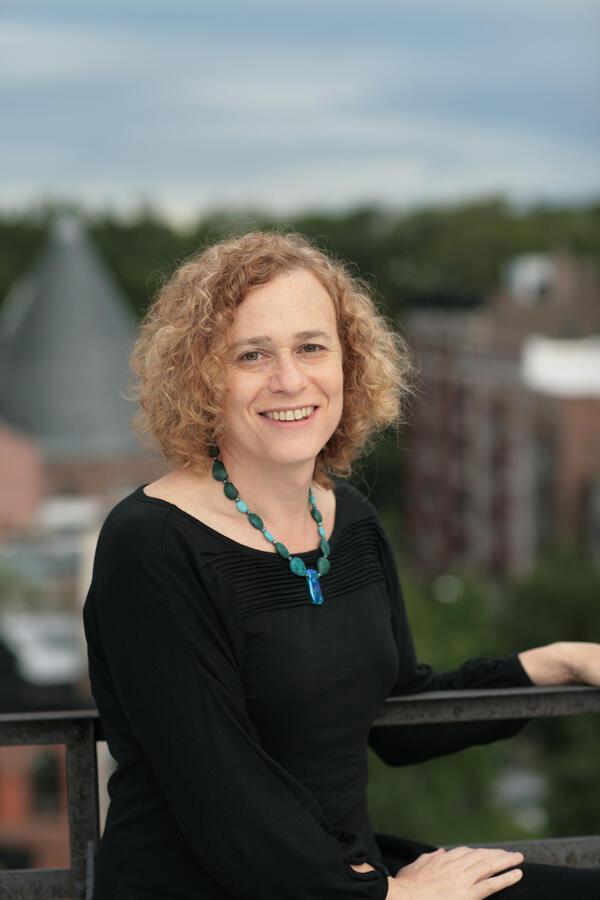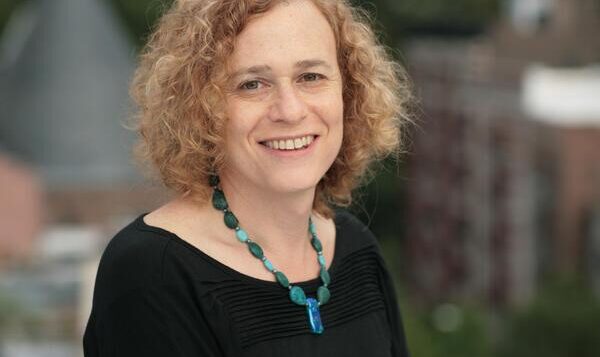 FAMILY: Poems
FAMILY: Poems
by Joy Ladin
Persea Books. 76 pages, $17.

ONCE OUT OF NATURE
Selected Essays on the Transformation of Gender
by Joy Ladin
Persea Books, 158 pages, $20.
THE 20TH-CENTURY PHILOSOPHER Abraham Joshua Heschel wrote about prophets both ancient and modern, such as his good friend Martin Luther King. Heschel’s notion of a prophet was of someone who tells us truths about reality that many of us cannot or would prefer not to see. Whenever I read the words of Joy Ladin, my cells tingle in a way that tells me I’m in the presence of a living prophet.
In her two new books, simultaneously published, Joy Ladin continues to engage us in both the depth of her experience and its expansiveness, offering us a reflecting mirror to our own queer selves in this intensely challenging time. If you aren’t familiar with her story and her work, Joy Ladin knew from an early age that the boy she was perceived to be was in reality a girl. However, it was only slowly, step by step, that she was able to begin her transition—starting in her mid-forties—in a journey that created rifts with her friends, her family, her children, and her job, all of which she explores in these new books.

In a culture that tends to be uncomfortable talking about disease, disability, and death, Ladin directly addresses these topics in her poems, and she does so with clarity and courage. The first poems in Family are about her mother’s journey toward death. In “Last Spring” she writes: “Robin please before it’s too late/ remind my mother/ it’s spring.” She then wanders into her own declining health, comically playing with an old traditional Jewish affirmation, written by the medieval philosopher Maimonides: “I believe with perfect faith in the coming of the messiah, and though he tarry, none the less, I await his coming every day.” Here’s Ladin in “In the New Place”: “I believe with perfect faith/ the birds that sound so far away/ are really right outside.”
The Maimonides passage comes from what’s sometimes called “The Thirteen Principles of Faith,” but you don’t have to be Jewish to be inspired by Ladin’s words. There’s a poem titled “Thirteen Ways of Looking at a Summer” (a reference to Wallace Stevens’ “Thirteen Ways of Looking at a Blackbird”) that weaves together her own illness, the end of her tenured teaching position, her mother’s condition, and the world around her: “Less carbon in the atmosphere then. Fewer extinctions per/ minute. Fewer blanks in my mother’s head.” In “Sitting in Wordsworth’s Garden,” she writes: “and something eloquent,/ original, and vague—/ something a flower might say.”
In Once Out of Nature, Ladin has gathered eleven essays that she wrote between 2011 and 2022. Just as you don’t have to be Jewish to enjoy Ladin’s poetry, you don’t have to be transgender to appreciate her words of wisdom. Like her poetry, these essays are grounded in her embodied experience and in the world around her, fleshing out the sequence of events in her long journey.
Along the way to transitioning, while keeping her true self a secret, Ladin wrote in the essay “Myself—The Term Between: A Trans Poetic Autobiography”: “I was an abstraction trying to write like a person, a lie imagining what it would/ say if it were true.” In “Ours for the Making: Trans Lit, Trans Poetics” she reminds us that: “By casting the net of ‘Trans Literature’ wide we will … recognize that transgender experience … is a particularly striking enactment of a mismatch between psyche, body, and social role that is central to being human.”
As I read through both of Joy Ladin’s new books, I heard and felt again the wise, compassionate, inspirational voice of a living prophet. And I felt called, as you may be as well, to reach out with a heartfelt commitment to our whole queer family, and to everyone we share this damaged planet with, to work for a better world.
Eli Andrew Ramer’s most recent book is Ever After: The Extended Lives and Work of Eleven Famous Writers.






